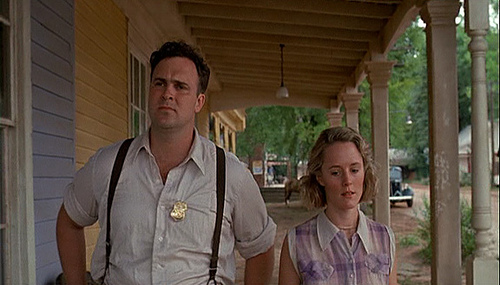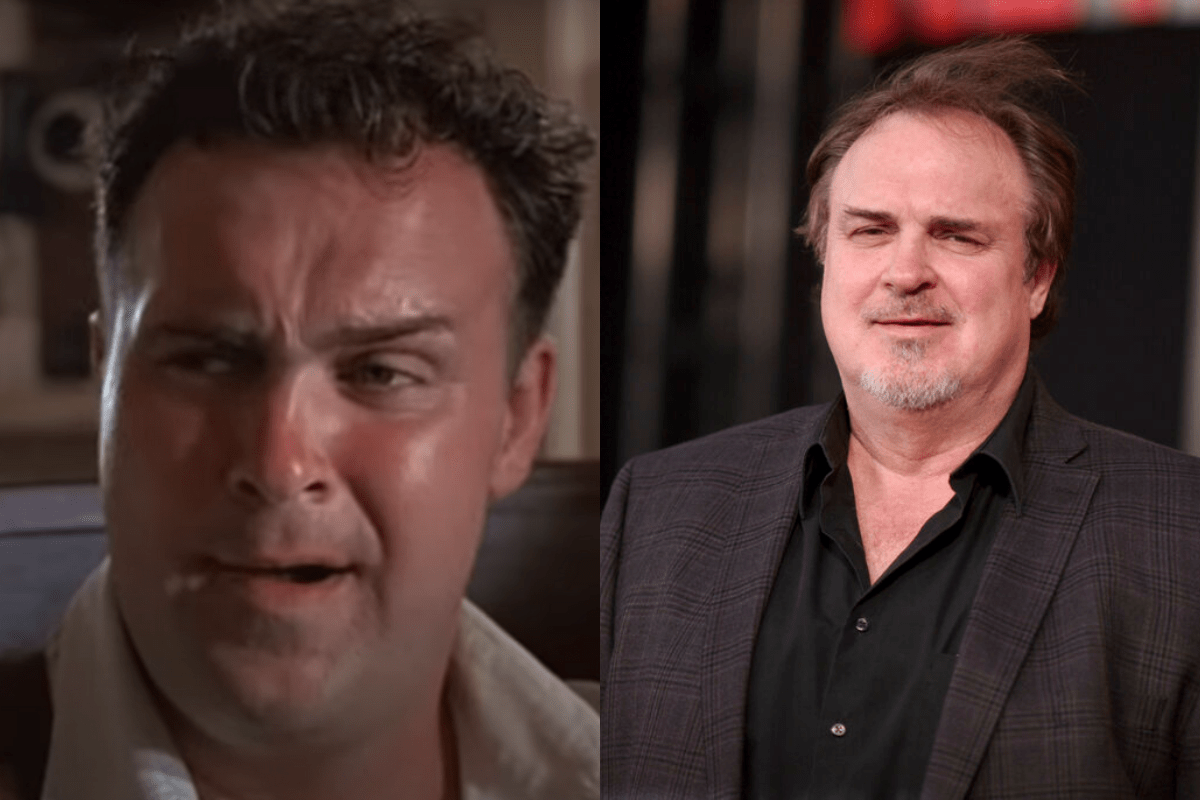
When Fried Green Tomatoes premiered in December 1991, few expected the modest Southern drama to leave a permanent mark on Hollywood. Sandwiched between flashy studio blockbusters and Oscar-season heavyweights, the film had no A-list director, no high-concept pitch, and no explosive marketing campaign.
And yet, over 30 years later, it remains one of the most beloved films of the early 1990s—a movie that has not only endured, but deepened in cultural relevance. With its intimate storytelling, unforgettable performances, and daring subtext, Fried Green Tomatoes is now recognized as a quiet triumph that changed the way Hollywood viewed small-town stories and female-led films.
The Book That Started It All
The film is based on the 1987 novel Fried Green Tomatoes at the Whistle Stop Cafe by Fannie Flagg, a comedian and actress turned author. The book became a surprise bestseller, praised for its rich characters, nostalgic tone, and subversive themes. Universal Pictures quickly acquired the rights, but the adaptation process took years, in part because Hollywood was uncertain how to translate its subtle and nonlinear narrative for the screen.
Jon Avnet, making his directorial debut, took on the challenge. “There was something inherently cinematic in the way the story moved through time,” Avnet later said in an interview. “But it was the emotional core—the way these women supported each other—that made me believe it could work.”
Casting Chemistry
A major part of the film’s success lies in its stellar cast. Kathy Bates, who had just won an Oscar for Misery, brought warmth and vulnerability to Evelyn Couch, a character who evolves from repressed housewife to empowered woman. Jessica Tandy, already a legend, added gravitas and grace as the mysterious Ninny Threadgoode.
But it was the chemistry between Mary Stuart Masterson (as Idgie) and Mary-Louise Parker (as Ruth) that gave the film its emotional backbone. Their performances captured a bond so profound and intimate that it transcended Hollywood norms of friendship, and quietly suggested something deeper.
“Everyone on set knew there was a kind of magic between them,” Avnet recalled. “We didn’t have to spell it out.”
Navigating Queer Subtext in the Early ’90s
One of the most discussed aspects of Fried Green Tomatoes—then and now—is the implied romantic relationship between Idgie and Ruth. In the novel, their love is clear. But in the film, the romance is implied rather than stated, a choice made partly due to studio pressure and prevailing attitudes of the early ’90s.
“We couldn’t say it openly back then,” Avnet admitted years later. “But we trusted the audience would see what was there.”
In hindsight, that choice both helped and hindered the film’s legacy. While some praised its subtlety and emotional intelligence, others criticized the erasure of explicit queer representation. Still, many LGBTQ+ viewers found resonance in the film, seeing themselves in Idgie’s stubborn strength and Ruth’s quiet resilience.
Box Office and Awards Reception

Despite concerns from the studio, Fried Green Tomatoes performed impressively at the box office, grossing over $100 million worldwide. It received two Academy Award nominations—Best Supporting Actress for Jessica Tandy and Best Adapted Screenplay for Fannie Flagg and Carol Sobieski—solidifying its status as both a critical and commercial success.
It also received several honors from feminist and civil rights groups for its depiction of women’s friendships, domestic violence, and the unspoken history of Black labor in the American South.
The Legacy Today
In the decades since its release, Fried Green Tomatoes has become a staple in classrooms, film studies syllabi, and social commentary. Its characters are frequently cited in discussions about female empowerment, queer-coded storytelling, and the evolution of Southern narratives in American cinema.
The Whistle Stop Café, the film’s iconic setting, has been rebuilt in Juliette, Georgia, where fans still flock for fried green tomatoes and photo ops. The film’s quotes—“Face it, girls. I’m older and I have more insurance!”—are still widely quoted on social media and merchandise.
In 2021, a TV adaptation was announced, with Reba McEntire attached to star and executive produce. While the project has faced delays, excitement remains high for a series that might revisit Whistle Stop with a more openly modern lens.
A Blueprint for Meaningful Storytelling
What Fried Green Tomatoes accomplished in 1991 is now studied as a blueprint: how to tell emotionally complex stories that center women, challenge social norms, and create space for identity and memory. In an era when many studios chase spectacle, this film is a reminder of the power of restraint—and of stories rooted in place and people.
As the industry continues to grapple with representation, authenticity, and diversity, Fried Green Tomatoes feels less like a relic and more like a compass.
Because in the end, it isn’t just about a café, or a mystery, or even a love story. It’s about connection, change, and the kind of courage that blooms in everyday life.
